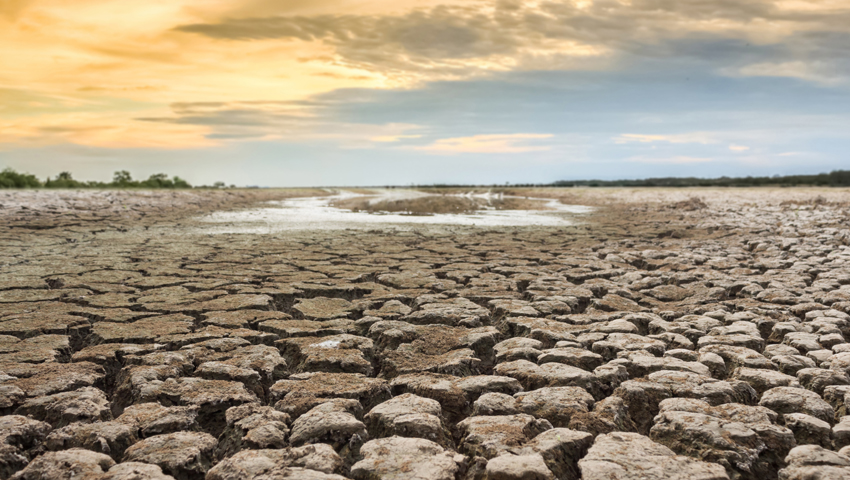IT MAY not have felt like it in the UK, but Monday, July 3, was the hottest day ever recorded globally, according to data from the U.S. National Centers for Environmental Prediction.
Reuters reported that “The average global temperature reached 17.01 degrees Celsius (62.62 Fahrenheit), surpassing the August 2016 record of 16.92C (62.46F) as heatwaves sizzled around the world.”
Reuters said “The southern United States has been suffering under an intense heat dome in recent weeks. In China, an enduring heatwave continued, with temperatures above 35C. North Africa has seen temperatures near 50C.
“And even Antarctica, currently in its winter, registered anomalously high temperatures. Ukraine’s Vernadsky Research Base in the white continent’s Argentine Islands recently broke its July temperature record with 8.7C.”
The Guardian reported that Jeni Miller, executive director of the California-based Global Climate and Health Alliance said “People around the world are already enduring climate impacts, from heatwaves, wildfires and air pollution to floods and extreme storms. Global warming is also exacerbating crop losses and the spread of infectious diseases, as well as migration.
“The extraction and use of coal, oil and gas harm people’s health, are the primary driver of warming and are incompatible with a healthy climate future. That’s all the more reason that governments must prepare to deliver a commitment at COP28 to phase out all fossil fuels, and a just transition to renewable energy for all.”
Scientists said climate change, combined with an emerging El Nino pattern, were to blame.
Friederike Otto of the Grantham Institute for Climate Change and the Environment at Imperial College London said “This is not a milestone we should be celebrating. It’s a death sentence for people and ecosystems.”
This temperature record promises to be just the first in a series of new records set this year as increasing emissions of greenhouse gases, coupled with a growing El Nino event, push temperatures to new highs.
